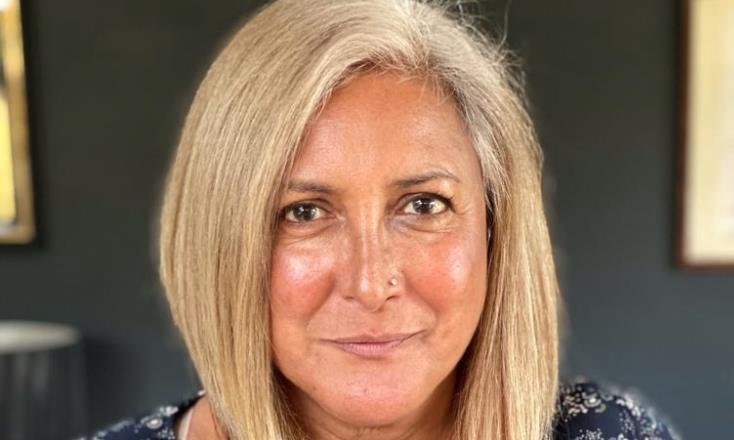The freelancer crisis was a dominant theme across this year's Edinburgh TV Festival. TM outlines some of the highlights of the debate.
During the opening debate, Curve Media chief executive Camilla Lewis said that freelancers’ current predicament is “worse than [in] the pandemic”.
She added: “We have no furlough pay to fall back on this time. The PSBs need to be supported by the government to get us through this difficult time.”
Recently-appointed Film and TV Charity chief executive Marcus Ryder said that well-paid executives “become disconnected from the value of money” and suggested that anyone attending the festival on company money could donate a portion of it to the charity to help people in hardship.
One suggestion discussed was for 1% of bonuses to be redirected to the charity. BBC Storyville lead commissioning editor Emma Hindley said: “We work in a well-paid industry. We are all very close to freelancers.”
She said the industry needs to research thoroughly how to address current structural difficulties faced by freelancers.
“There are other industries that have had booms and busts,” she said. “Our sector makes so much money for this country, and we as an industry should be doing more.”
Bafta survey
Freelancers are digging into their savings to survive, with four in ten reporting it is taking a toll on its health, according to Bafta’s survey of its members.
A third of those polled by the organisation have “considered” or “seriously considered” leaving the industry.
Almost two-thirds – 63% - have less work than before the pandemic and one in five has been out of work for more than three months.
In terms of the wider impact, 70% said the industry would lose talent and half said it would affect diversity and inclusion, in terms of both the workforce and the content commissioned.
Bafta chief executive Jane Millichip
Using money saved up is the primary temporary solution to the gap in freelancers’ finances, reported by 63%, while 13% said they had taken on more junior roles, 12.% had got loans from family and friends, 12% had found work outside TV and 6% had applied for benefits.
Some 40% said the crisis has affected their mental health, rising to three-quarters for those had been out of work for more than three months.
“The findings underscore the risk of a brain drain on the industry’s current trajectory,” said Bafta chief executive Jane Millichip. “Particularly those from underrepresented groups already facing intersectional barriers to progression, those with caring responsibilities, and those without an existing financial cushion or the bank of mum and dad to fall back on.”
The class balance
In a panel session called ‘Does TV have a snobbery problem?’, Channel 5 and Paramount+ commissioning editor Denise Seneviratne urged the industry to address how it has drifted away from welcoming and nurturing people from a range of social backgrounds.
Arguing that TV production does not reflect its audiences, she said: “There has to be got to be some balance in the people that we get into the industry.”
Denise Seneviratne
Former RDF managing director Jim Allen said he recently spoke with a woman who worked in a pub who wanted to work in TV. Despite being talented and full of ideas, he said, she couldn’t give up her job to pursue her dream.
Allen said this typified a situation in which “we’re going to end up with middle class children doing television because they’re lucky and they’ve got parents like us who can pay to support them.”
BBC Studios head of genre Kate Oates said that while entry schemes to bring more diverse people into the industry are essential, they need more robust financial support.
“We need to be able to pay the people on them so they can afford to do the jobs and that just needs to be reflected in the programme budgets,” she said. “If you want those diverse voices, then you’ve got to be willing to facilitate them.”


